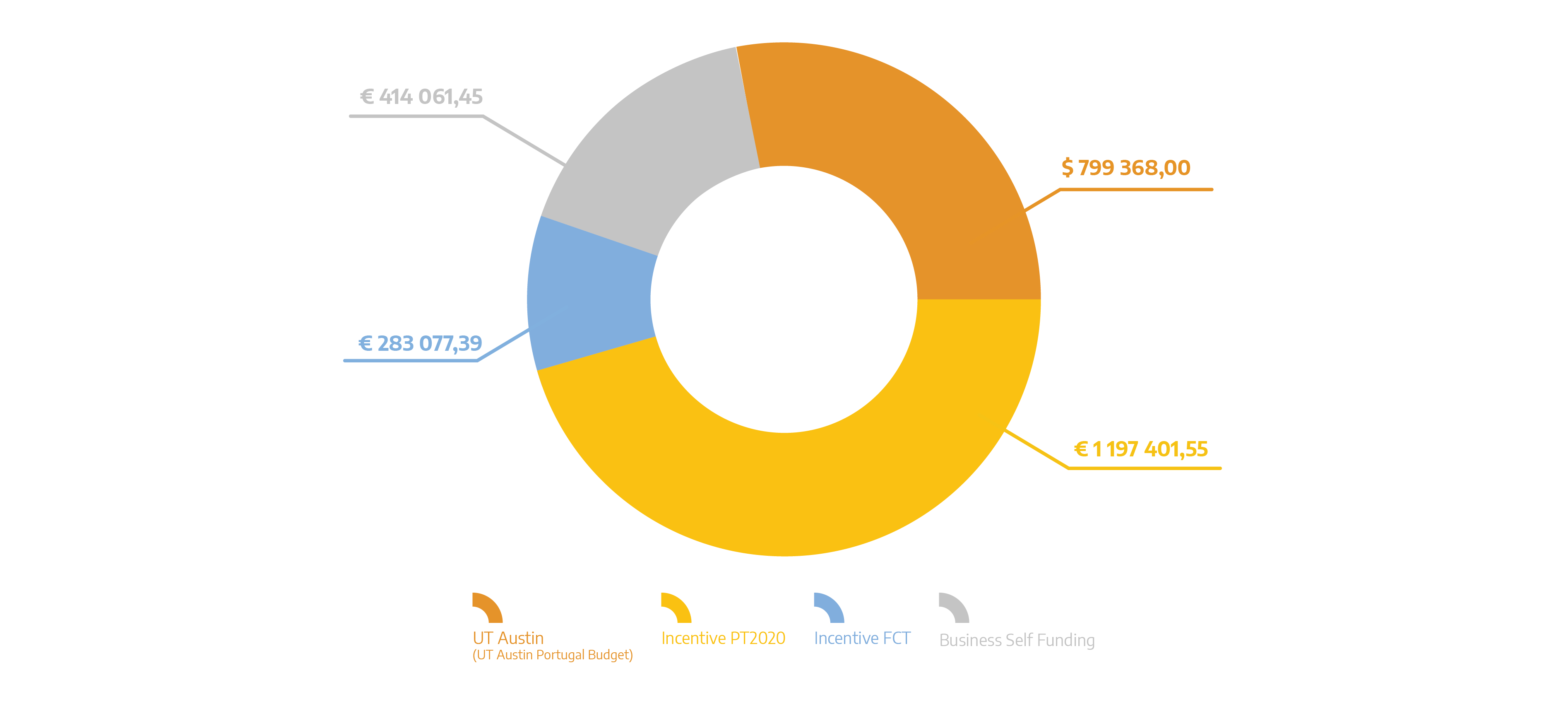Summary
Climate change is one of the most critical issues of our time. Following global warming, climate and ocean variations have, undeniably, intensified over time. The MAGAL Constellation project will develop the next generation of radar altimeter instruments to be adapted for a future constellation of small satellites.
One of the best ways to prospect, monitor and value the open ocean, in an economical and sustainable manner, is by leveraging on the Space/Earth interactions, in line with the «Atlantic Interactions» research agenda and, at a global scale, the UN Sustainable Development Goals.
The Consortium seeks to understand long-term variability in local, regional, and global climate induced by ocean steric variations. Concurrent monitoring of land water storage needs to go hand-in-hand with the oceanic measurements. Innovative data assimilation techniques need to be developed with the state-of-the-art ocean and land modeling to provide a consistent and systematic Earth dataset.
Through the Consortium’s extensive experience in multi-satellite and multi-variate data assimilation, MAGAL also includes an innovative data and information processing and visualization system, using advanced high-performance modeling, estimation techniques, statistical and scientific machine learning methods, and error analysis in data gathered from different sources.
Expected Outcomes
- Innovative data assimilation techniques;
- A next generation of radar altimeter instruments to be adapted for a future ocean and climate change constellation that will allow a strict control of disorders in the global common climate patterns.
| Start Date – End Date: | July 1, 2020 – June 30, 2023 |
| Scientific Area: | Space-Earth Interactions |
| Keywords: | Climate change monitoring, Earth dataset, ocean, global warming |
| Lead Beneficiary (PT): | Efacec Energia – Máquinas e Equipamentos Elétricos, S.A. |
|
Co-beneficiaries:
|
CEiiA – Centro de Engenharia e Desenvolvimento (Associação) Omnidea LDA CIIMAR – Centro Interdisciplinar de Investigação Marinha e Ambiental Instituto Superior Técnico Instituto de Telecomunicações Universidade da Beira Interior +ATLANTIC, Associação para um Laboratório Colaborativo do Atlântico |
| PIs at UT Austin: | Byron D. Tapley (Cockrell School of Engineering, Aerospace Engineering and Engineering Mechanics Department, Center for Space Research, UT Austin) Patrick Heimbach (Oden Institute for Computational Engineering and Sciences; Department of Geological Sciences, UT Austin) |
| Total Eligible Investment (PT): | 1 184 540,39 EUR |
| Total Eligible Investment (US): | 799 368,00 USD |
| Funding Sources Distribution: |

Papers and Communications
- Guerra, A. (2022). MAGAL Constellation – Using a Small Satellite Altimeter Constellation to Monitor Local and Regional Ocean and Inland Water Variations. In ESA 4S Symposium 2022. https://doi.org/10.48550/arXiv.2211.05017
E-Posters
Co-funded by:

